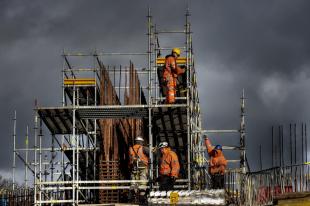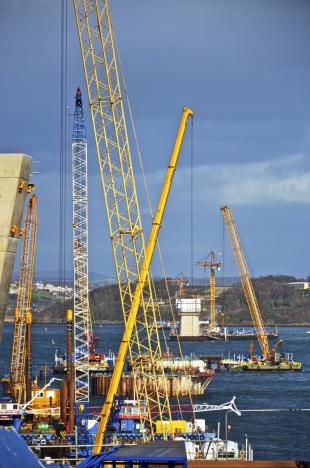The way in which an individual responds to safety hazards and risks will very considerably depending on many factors. Theory and history tells us that an individual's cultural and national background are not only factors in themselves, but that they influence other recognised factors. For instance it is well established that the consumption of alcohol influences risk perception; yet it is also known that attitudes to alcohol vary depending on an individual's cultural and national background.
When a construction project is undertaken by companies and individuals that are very diverse from a cultural and national perspective the situation becomes even more complex. This project - using the current Queensferry Crossing project as its main case study - investigates these issues with the aim of informing the construction industry how better to manage safety on such diverse projects. The Queensferry Crossing project is undertaken by four main contractors from four different countries together with a workforce that, at the last count, had individuals from over 30 different countries.
Using an observational methodological approach with a mixture of ethnographic and grounded theory methods the project investigates a rich pallete of events and attitudes.
Principal Investigator:
Postgraduate Researchers:
David Oswald




